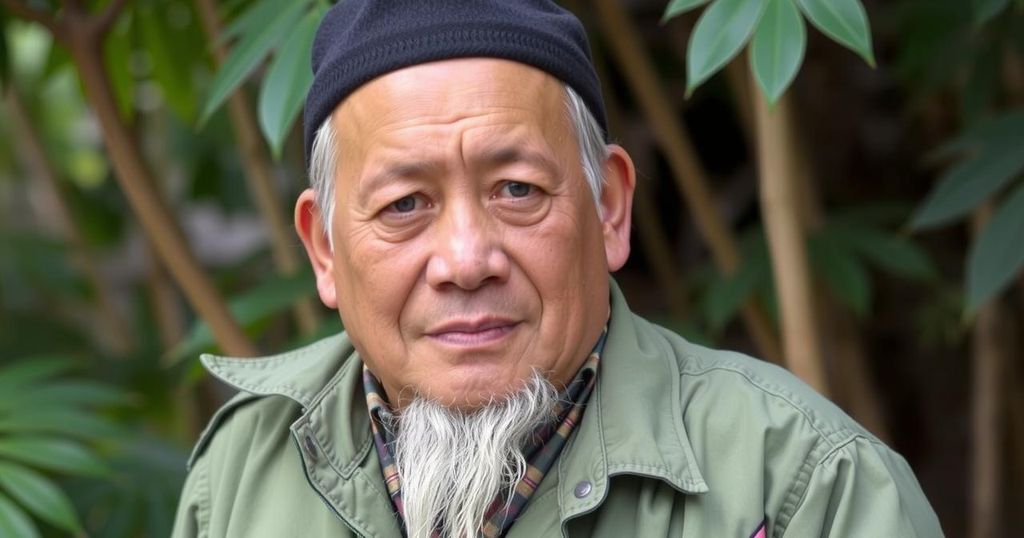Pablo Muñoz Hoffman, a former Chilean guerrilla captured in Bolivia after 29 years on the run, was released rather than extradited to Chile. He intended to return to Santiago and admitted to entering Bolivia illegally. Despite a Chilean red alert, Bolivian authorities opted not to extradite him, citing jurisdictional limits. His legal team stated he is free to return to Chile given the statute of limitations on his case.
Pablo Muñoz Hoffman, a former guerrilla member of the Manuel Rodriguez Patriotic Front (FPMR) from Chile, has been released from Bolivian custody after being captured on Monday following 29 years of evading authorities. Initially expected to be extradited to Chile, Muñoz Hoffman was instead allowed to return home as he had reportedly entered Bolivia illegally near the Chilean Consulate in La Paz, seeking travel documents due to familial circumstances.
Chilean authorities had expressed interest in having him serve the remainder of his sentence, according to Foreign Minister Alberto van Klaveren, even with an Interpol red alert against him. However, without further explanation, Bolivian officials opted to release him. His legal team suggested that because of the statute of limitations, he is technically free to return to Chile, although he remains a wanted fugitive under Chilean jurisdiction.
Discussions around jurisdiction and legal procedures have ensued, with Interior Minister Carolina Tohá clarifying the limitations on Chilean legal power in Bolivia. She emphasized that Bolivian authorities would need to complete extradition paperwork should Muñoz Hoffman return to Chile voluntarily or remain detained in Bolivia until further action is taken.
The case of Pablo Muñoz Hoffman has generated significant attention due to the lengthy period he evaded capture following his dramatic escape from prison in Chile in 1996. As a member of the FPMR, his past involvement in guerrilla activities during a turbulent period in Chilean history complicates his current legal standing. The interest from the Chilean government to have him extradited to face justice speaks to ongoing tensions concerning accountability and the handling of historical human rights violations in the region.
In summary, Pablo Muñoz Hoffman’s unexpected release by Bolivian authorities marks a complex intersection of legal jurisdiction, international relations, and the repercussions of historical conflicts. The situation highlights the challenges surrounding extradition processes and the varied interpretations of legal autonomy between countries. As he stands as a figure associated with a controversial past, the implications of his release will likely continue to resonate within Chilean society and its governmental structures.
Original Source: en.mercopress.com






